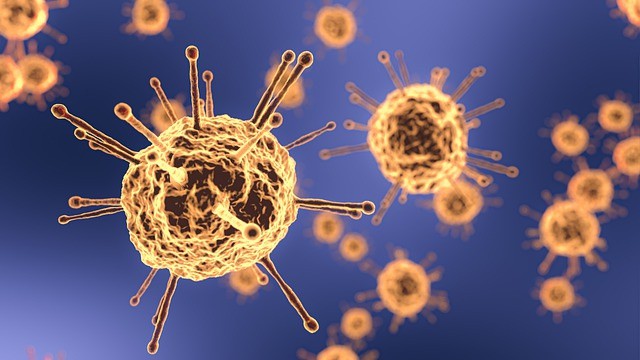
COVID-19 causes swelled muscles, based on a study, due to amped-up immune responses that are due to a pathogenic infection.
The key to combat SARS-CoV-2 is the immune system that produces antibodies on demand to stop the spike proteins from entering the cell wall. These findings are under investigation by the researchers to confirm their results.
COVID-19 infection could swell muscles
According to the Daily Mail, muscles could swell to about 60 percent in COVID-19 patients, which some researchers say is an amped-up immune response.
The virus affects the mitochondria, which supplies power to cells, influencing the chemical reactions that produce energy for cells, which will cause a water buildup which is why muscles swell.
This was the assessment by the researchers from the Jessa Hospital in Hassalt, Belgium. They were surprised to find out that critically ill patients suffered those complications. Biopsies were taken from 18 of these COVID-19 patients, and the finding was overly huge muscles more than normal, but not all had those symptoms.
According to the study's lead, Dr. Toon Mostien, the swelling will cause muscle fibers to die, but the muscle enlargement is temporary, noted the researcher, as cited in Fox 40.
Results of the study
Part of the findings is one kind of muscle fiber had expanded to 62 percent, and one by 32 percent. The two muscles support stamina and strong muscle movements based on the analysis. But those who defied the trend were not included in the count of affected patients, and all the others were wasting away in their musculature as opposed to muscle swelling when infected by COVID-19.
Read Also : COVID-19 Antibodies Reduces the Immune Response Resulting to More Prolonged Symptoms in Long Haulers
Mostien remarked that Type 1 fibers would shrink by 11 percent, and Type 2 would be 17 percent based on the study, noted Dearborn.org.
He added that the tissues from the vastus lateralis, the largest and most powerful muscle in the thigh, were gathered three days before being admitted and later five to eight days after admission. Most of the test subjects were male and aged 69 who were part of the research.
The expansion of the muscle fibers was significant in four subjects. One suspicion for the enlargement of muscles was due to antibodies affecting the mitochondria. It is critical to know how the mechanism works.
To further check the microscopes' samples to see if any changes are seen during the first seven days of intensive care. Causes of muscle shrinkage are bed rest and ventilators that immobilize the faster healing and recovery of the patient. These adverse conditions are bad for the patient's mobility as well.
Prior studies have discovered that muscle fibers would be smaller after getting confined in the ICU. These concerns about getting infected by SARS-CoV-2 had more implications than expected.
Another observation is that how many capillaries support type 1 and 2 muscle fibers with oxygen and nutrients is down by five or ten percent.
Dr. Mostien remarked the results were not so distinct, with 10 percent perfusion that would affect the fiber mass. It creates concern that the COVID-19 immune response can cause muscle damage, but more immobile and critical patients will suffer more muscle damage in the ICU. Moreover, the cause of muscle swelling is still under study by the SARS-CoV-2 might be the culprit based on the results.
Related Article: New Version of the Omicron Variant has Been Allegedly Detected; How Many Similarities Does it Share?
© 2026 HNGN, All rights reserved. Do not reproduce without permission.








